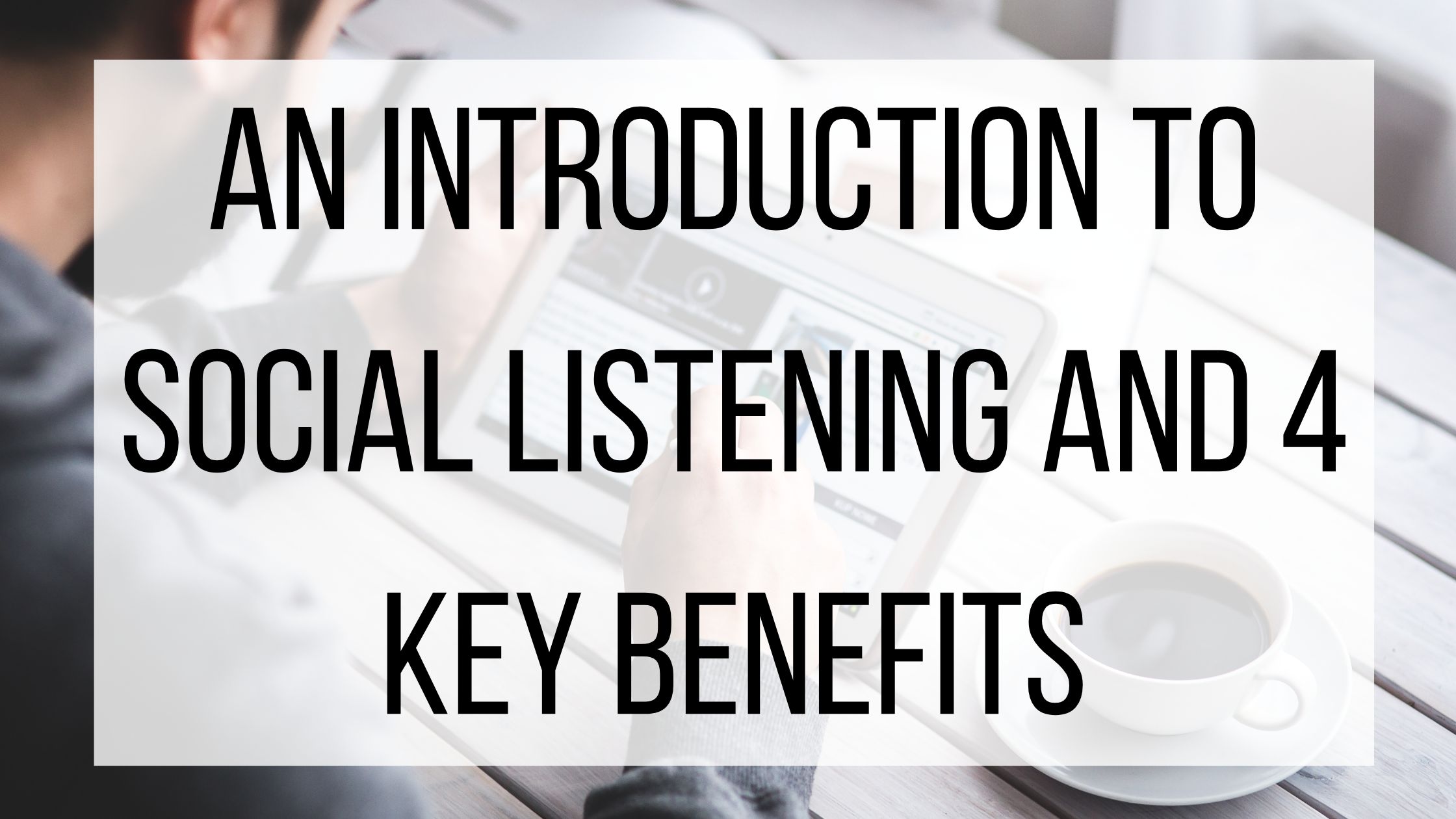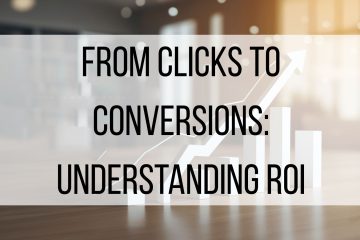An Introduction To Social Listening And 4 Key Benefits

Customers have no problem speaking their minds online. Between reviews, forums, comments, and all of the many other outlets available to them, they love sharing what they like, what they dislike, and what they are looking for in future products and services. If you want to elevate your brand, listen to what customers are saying using social listening, rather than guessing what you think they want. Social listening is a pretty simple concept, and easy to pick up once you know how to utilize it.
What Is Social Listening?
Social listening is the practice of actively listening to what your customers are saying about you, your competitors, and your industry. Social listening helps you understand your audience’s wants and needs, as well as their overall feelings about you. It enables you to make the best decisions for your business moving forward and correct any mistakes you might be unaware of.
Social Listening vs Social Monitoring:
Although social listening and social monitoring are similar, there are some distinct differences. Social media listening is proactively seeking your target audience on social platforms, finding conversations, researching your competitors- anything to help you find out what your audience is looking for and how they view your brand. Social monitoring is a subcategory of social listening and includes responding to comments, reacting to posts that you are tagged in, and taking in what your audience is saying. Social listening tends to be more proactive, while social monitoring is more reactive.
Benefits Of Social Listening:
Social listening helps you in so many ways, including helping you understand customer’s thoughts and attitudes. It is a challenge to get detailed feedback from customers when you ask for it, and social listening helps you understand what they are thinking by finding what they are talking about without prompting. Taking note of what content they like (whether it is your content or someone else’s), trends they enjoy, products they are on the hunt for, price points that are appealing to them- any information that gives you insight into what they want.
Social listening allows you to pinpoint problems that your target audience is having, and offer a solution to them. If the issue is with a product or service that you offer, social listening gives you insight to the issues your audience is experiencing and allows you to make changes. If there is an issue or a need that you can fill, you find opportunities to reach out and let them know that you can help solve their problems!
Keeping an eye on your competitors and industry trends is another area where social listening can benefit you. Aside from knowing what your audience thinks about you, it is important to see what they are saying about your competition. If there is something that they love that a competitor is doing, see how you can offer something similar to win them back. If they have complaints, take note of what they dislike so you can avoid it. There might be gaps in the market that you can fill. The same goes with keeping up with trends- whether it is a spin on a meme or a new product, make sure you stay up-to-date and relevant to keep your audience’s attention.
Social listening can help you pinpoint who is considered an industry leader, whether that is someone with years of experience or an influencer who your audience adores. Knowing who the “leaders” are helps you understand where your audience is coming from, and where they are seeking information. You might even be able to team up with some of these leaders to have them promote your business!
The more you practice social listening, the more of a habit it will become. Don’t let yourself get overwhelmed, even if that means starting small! Remember to keep your audience at the heart of your business, and listen to what they have to say. Do you practice social listening? What are your favorite tips and tricks?


